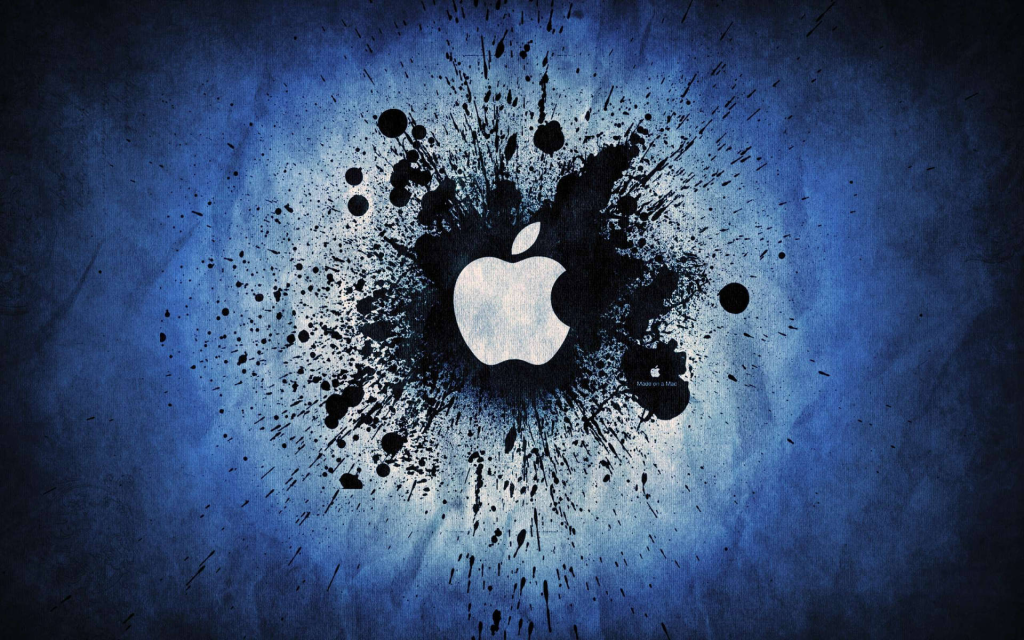Google’s defeat in an antitrust suit filed by the Justice Department has cast a shadow over partner Apple Inc., which generates roughly $20 billion a year in payments from the internet search giant.
Apple shares slipped almost 5% on Monday after a judge ruled that Google’s payments to device makers — made in return for its search engine getting preferential placement — were illegal. The decision handed a win to the Justice Department in its first major antitrust case against Big Tech in more than two decades.
For Apple, the move jeopardizes a revenue stream that has helped bolster sales in recent years. But the iPhone maker has already been moving away from its dependence on traditional internet searches. With Apple revamping its Siri digital assistant to handle queries more deftly — and integrating AI chatbots into its software — it’s betting that AI technology will eventually take over.
That underlines the government’s struggle with the technology industry: It moves so quickly that by the time a serious reckoning comes, the industry is already restructuring itself around the next innovation.
Apple is weaving OpenAI’s ChatGPT capabilities into its software and expects to do the same with Google’s Gemini chatbot. Over time, the company could steer consumers toward AI and Siri instead of the web browser.
That would give Apple the opportunity to reach new, nonexclusive agreements with AI providers — including Google — that don’t run afoul of the US government. Still, it will likely take many years for Apple to make serious money from AI.
For Google, the decision is a bit of a mixed blessing, given the hefty amounts that it’s paid Apple to make its search engine the default option.
“In the short term, it actually could save them a lot of money,” said Ari Paparo, an advertising entrepreneur who used to work at Google.
Monday’s decision didn’t mandate the ways Google could satisfy the government, but Judge Amit Mehta scheduled a hearing next month to discuss timing of a separate trial on that topic. It’s unlikely that the court could force Apple to drop Google as a search partner altogether as one of the remedies, but it could potentially change the agreement’s terms — and level the playing field.
One theoretical scenario would be Apple presenting different search engine options to consumers when they turn on their new device for the first time. Such a system could work similarly to a menu on Apple devices in the European Union that presents a choice of web browsers.
With that approach, Google would still remain an option, but customers could also pick alternatives such as Microsoft Bing or DuckDuckGo. Currently, users need to delve into the iPhone settings app to change their default search engine.
In his decision, Mehta said that the lucrative Google agreement has disincentivized Apple from launching its search engine “when it otherwise has built the capacity to do so.”
John Giannandrea, an ex-Google executive who oversees AI at Apple, has a search team working for him. But they’ve been more focused on search capabilities within Apple’s software, rather than the ability to do Google-style web queries.
Even so, Apple’s interface is set to change in the coming months. The company will be rolling out Apple Intelligence, its new suite of artificial intelligence features, which could eventually transform the way people use their iPhones and other devices.
The changes include a new “Type to Siri” approach that makes it easier to use the virtual assistant without having to speak to it. That will allow users to send queries to AI engines from anywhere in the iPhone, iPad or Mac operating systems.



